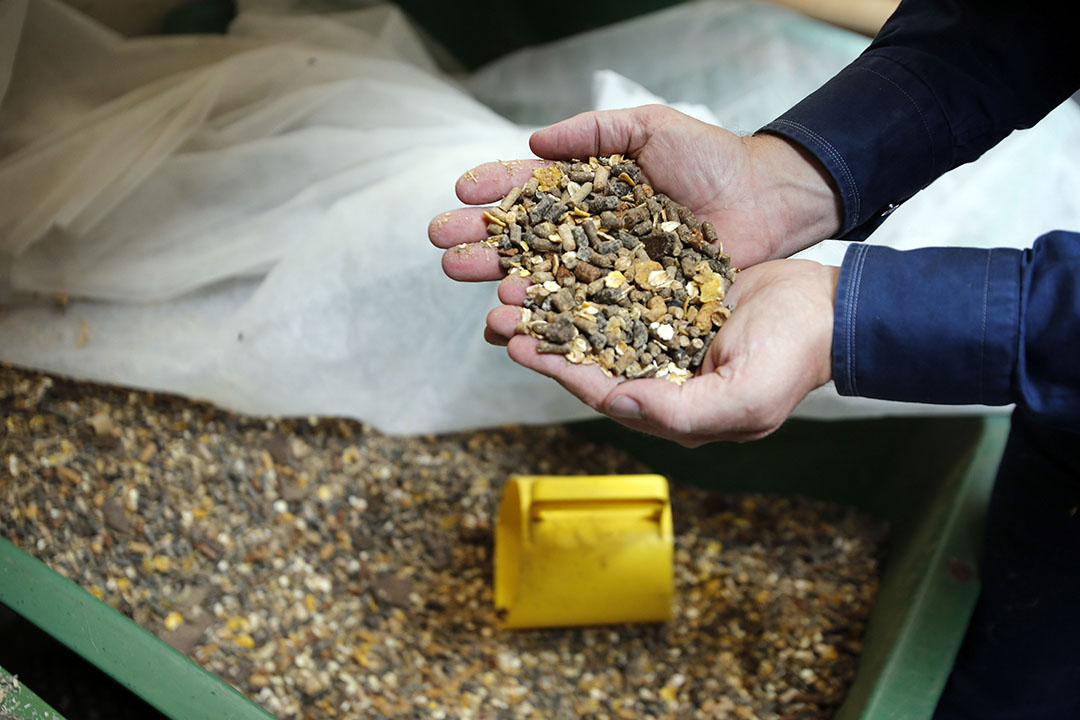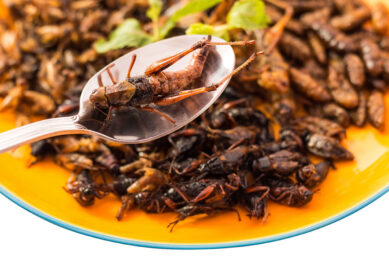Biosecurity recommendations developed for feed manufacturers

The European Feed Manufacturers’ Federation (FEFAC) has built on national guidelines and knowledge gained from recent viral disease outbreaks in livestock to issue recommendations for the development of a biosecurity plan at feed manufacturer level.
The potential devastating impact of particularly African Swine Fever shows that operators connected to livestock farms cannot afford any shortcomings when it comes to biosecurity, says FEFAC, adding that in most European countries effective biosecurity measures are already implemented by feed manufacturers, based on guidance developed by the sector.
FEFAC has built on this knowledge gained by its members from past outbreaks to issue Recommendations for the Development of a Biosecurity Plan in the EU Compound Feed Industry. The focus of this document is on biosecurity measures for the operations of sourcing of feed ingredients, transport, storage, manufacturing and delivery of final feed to farms. It also covers visits to farms of feed company personnel.
The document offers an overview of key principles for drafting a biosecurity plan and notes the following:
- Each feed manufacturer should draft a biosecurity plan, implement it and keep it updated.
- Legal requirements laid down in the feed hygiene regulation shall be strictly implemented to prevent feed from being a carrier of pathogens.
- Measures should be in place to prevent introduction of pathogens in the feed mill other than via feed ingredients.
- Any transport and delivery of feed / farm visits should follow-clear rules aimed at controlling the introduction of pathogens in the farm and dissemination of pathogens from farm to farm.
Guidance and requirements where necessary
The document also discussed the need for a permanent set of rules, and an additional set of rules to be implemented should the feed mill and/or the delivered farms are located in a regulated zone in relation to an outbreak of relevance.
The purpose of this document is to secure maximum dissemination of best practices, bearing in mind that the starting point for an effective biosecurity plan is commitment from operators and adaptation to the local context.
The EU Feed hygiene legislation (Regulation (EC) No 183/2005) sets a solid baseline to manage the risk of dissemination of any pathogen via feed: guides to good practice have been developed at EU and national level to help operators implementing prerequisite programmes and HACCP-based procedures for the control of hazards in feed. Additional provisions are required to address the risk of dissemination of pathogens via other vectors than feed, such as vehicles and personnel.
These recommendations are primarily meant for operators based in countries where there is no detailed professional/legal guidance yet for the drafting and implementation of biosecurity plans at feed mill levels. They must be considered in the light of national guidance and/or legal requirements where relevant.











